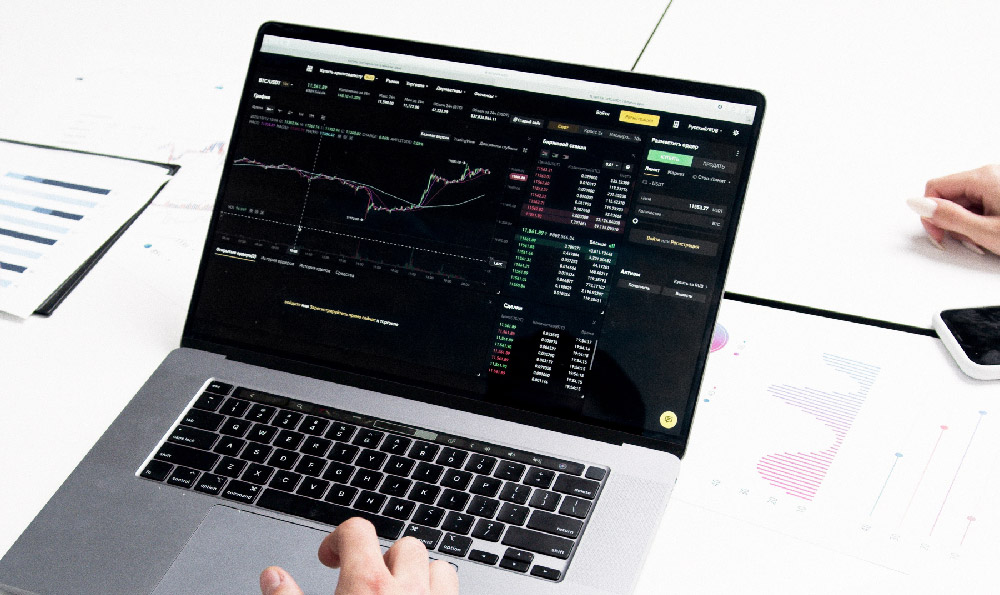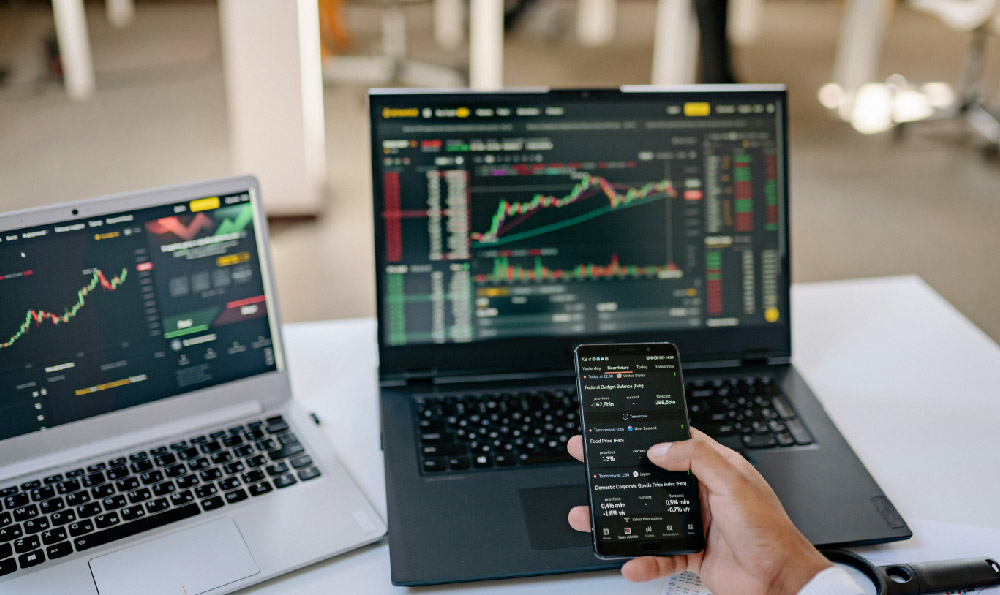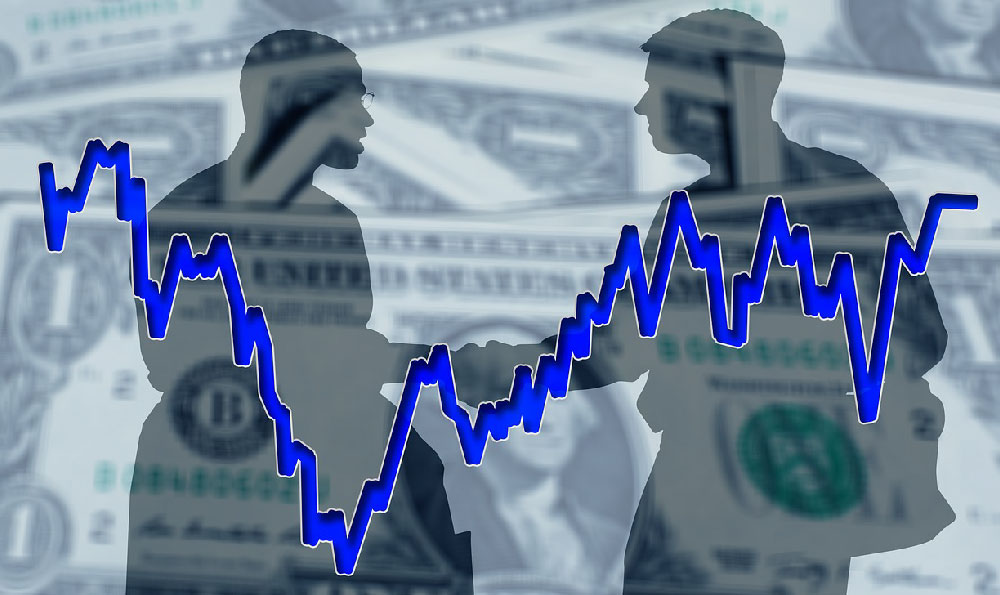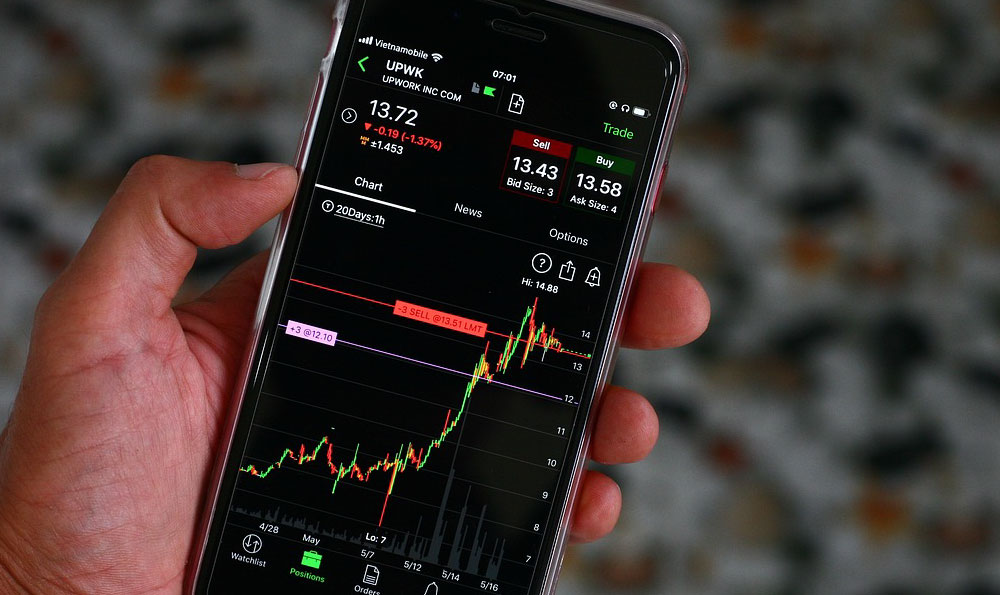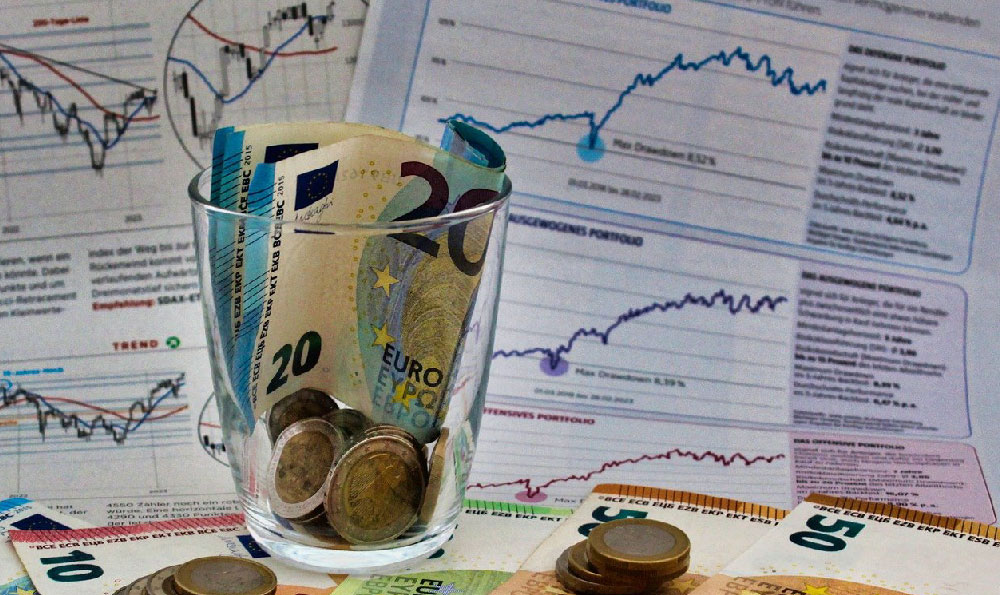Dr. Anthony Fauci, a name synonymous with the U.S. response to the COVID-19 pandemic, has been the subject of intense scrutiny, particularly regarding his financial gains during this period. Examining his earnings and evaluating whether they were justified requires a nuanced approach, considering both his role as a public servant and the complexities of financial disclosures for high-ranking government officials.
Fauci's primary source of income during the pandemic years was his salary as the Director of the National Institute of Allergy and Infectious Diseases (NIAID), a position he held since 1984. As one of the highest-paid employees in the federal government, his salary reflects the considerable responsibilities and expertise demanded by his role. Government salaries are determined based on a complex system that takes into account experience, education, and the level of responsibility associated with the position. Fauci's long tenure and leadership position at NIAID placed him at the upper end of the federal pay scale.
Beyond his salary, Fauci also received royalties and awards related to his scientific research and publications. While the precise amounts and sources of these royalties have been subject to public debate, it's important to understand the context. Scientists, including those working in government positions, often receive royalties for their contributions to patents, publications, and other intellectual property. These royalties are generally considered compensation for their intellectual labor and the potential impact of their research. Whether these royalties are "justified" is a matter of perspective, but they are a standard practice within the scientific community.

The debate surrounding Fauci's earnings often centers on the timing and context of these payments. The COVID-19 pandemic propelled him into the national spotlight, making him a prominent figure in public health messaging and policy decisions. This heightened visibility led to increased scrutiny of his financial disclosures. Critics argue that his role in shaping the pandemic response, coupled with his financial gains, created a potential conflict of interest. They question whether his decisions were influenced by personal financial considerations.
Defenders of Fauci argue that his salary and royalties were commensurate with his expertise and experience. They emphasize that his primary motivation was to protect public health and that his recommendations were based on scientific evidence. They also point out that government officials are subject to strict ethics regulations and disclosure requirements, which are designed to prevent conflicts of interest. Furthermore, they argue that demonizing public servants who are dedicated to serving the nation, especially during a public health crisis, discourages others from entering public service.
Assessing whether Fauci's earnings were "justified" is ultimately a complex question with no easy answer. There are several factors to consider:
-
The Value of His Expertise: Fauci's decades of experience in infectious disease research made him a valuable asset during the pandemic. His expertise informed public health policies and contributed to the development of vaccines and treatments.
-
Public Service vs. Private Gain: The debate highlights the tension between public service and private gain. While government officials are entitled to fair compensation for their work, the public expects them to act in the public interest, not for personal enrichment.
-
Transparency and Disclosure: The scrutiny of Fauci's finances underscores the importance of transparency and disclosure in government. Public officials should be held accountable for their financial interests, and the public should have access to information about their income and investments.
-
The Broader Context: The pandemic created unprecedented challenges and required difficult decisions. It is important to consider the broader context of the pandemic when evaluating Fauci's actions and financial gains.
Ultimately, judgments about the "justification" of Fauci's earnings will vary depending on individual perspectives and values. Some will view his income as fair compensation for his expertise and service, while others will see it as excessive or potentially compromising his objectivity. The public discourse surrounding Fauci's finances serves as a reminder of the importance of ethical conduct, transparency, and accountability in government, particularly during times of crisis. It also highlights the need for a thoughtful and nuanced understanding of the financial disclosures of public servants and the complex factors that influence their earnings. It is crucial to evaluate the information available with a critical eye, avoiding sensationalism and relying on credible sources of information.


